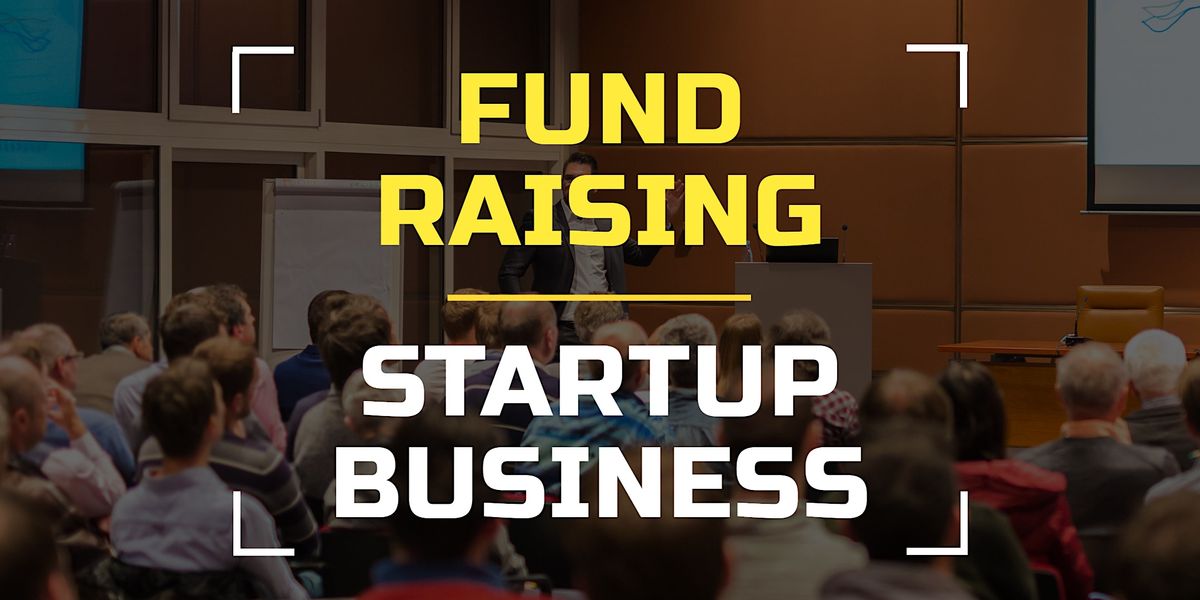Guest seminar: Prof. Tapio Salmi
Schedule
Thu Sep 18 2025 at 10:00 am to 11:00 am
UTC+03:00Location
Akadeemia tee 15, 12618 Tallinn, Estonia | Tallinn, HA

Advertisement
⏰18th of September at 10:00 📍SCI-120 / teams
https://teams.microsoft.com/l/meetup-join/19%3ameeting_YTlhOTQ3OTgtODFjMy00Yzk3LTg1NzMtYjVmNjM4Y2ZhZWIz%40thread.v2/0?context=%7b%22Tid%22%3a%223efd4d88-9b88-4fc9-b6c0-c7ca50f1db57%22%2c%22Oid%22%3a%2280e66ae2-7973-42fa-afcc-5979df1c0197%22%7d
Prof. TAPIO SALMI
From:
Åbo Akademi, Laboratoriet för teknisk kemi och reaktionsteknik (TKR), Turku-Åbo
Università di Napoli ’Federico II’, Dipartimento di Scienze Chimiche, Napoli
Title:
"Water, hydrogen, oxygen, carbon dioxide and molecules from biomass – the cornerstones of green chemistry and green process technology"
Abstract:
Mankind is facing huge challenges because of the declining fossil resources and the negative effects caused by the exploitive approach of highly industrialized societies. The shift to sustainable and economically feasible technology based on solar and wind energy and natural raw materials is going on almost globally. The future perspective of the countries in Northern Europe is exciting: both solar and wind energy technologies develop rapidly, and green electricity can be produced. Electricity is needed to split water to hydrogen and oxygen. Carbon dioxide is available as a promising reactant for several chemical processes, such as methanol synthesis and production of methane via Sabatier reaction.
Besides hydrogen, oxygen and carbon dioxide, the molecules from forest and agricultural biomass are valuable reagents in the production of fuel components and chemicals. Environmentally friendly hydrogenation and oxidation processes should be based on the use of molecular hydrogen and oxygen and hydrogen peroxide. The utilization of solid heterogeneous catalysts and development of new, continuous reactor technology based on tailored structures, such as monoliths, fibres, solid foams and 3D printed structures are the key elements of the ongoing industrial revolution. Overall, some of the sustainable reaction pathways with a good atom economy can be sketched as follows:
- Electrolysis of water to produce H2 and O2
- Direct synthesis of H2O2 from H2 and O2
- Methanol synthesis from H2 and CO2
- Catalytic hydrogenation of double bonds and carbonyl groups in organic molecules from biomass (e.g. production of sugar alcohols, fragrancies, saturated organic components)
- Catalytic oxidation processes (e.g. sugar acids, aldehydes and carboxylic acids)
- Catalytic epoxidation and carbonation processes (e.g. production of epoxides, carbonates and polymers)
The status quo and future perspectives of these processes is discussed in the lecture, from catalyst development to chemical kinetics, transport phenomena and reactor technology.
Advertisement
Where is it happening?
Akadeemia tee 15, 12618 Tallinn, Estonia, Akadeemia tee 15, Mustamäe, Tallinn, 12618 Harju Maakond, Eesti, EstoniaEvent Location & Nearby Stays:



















